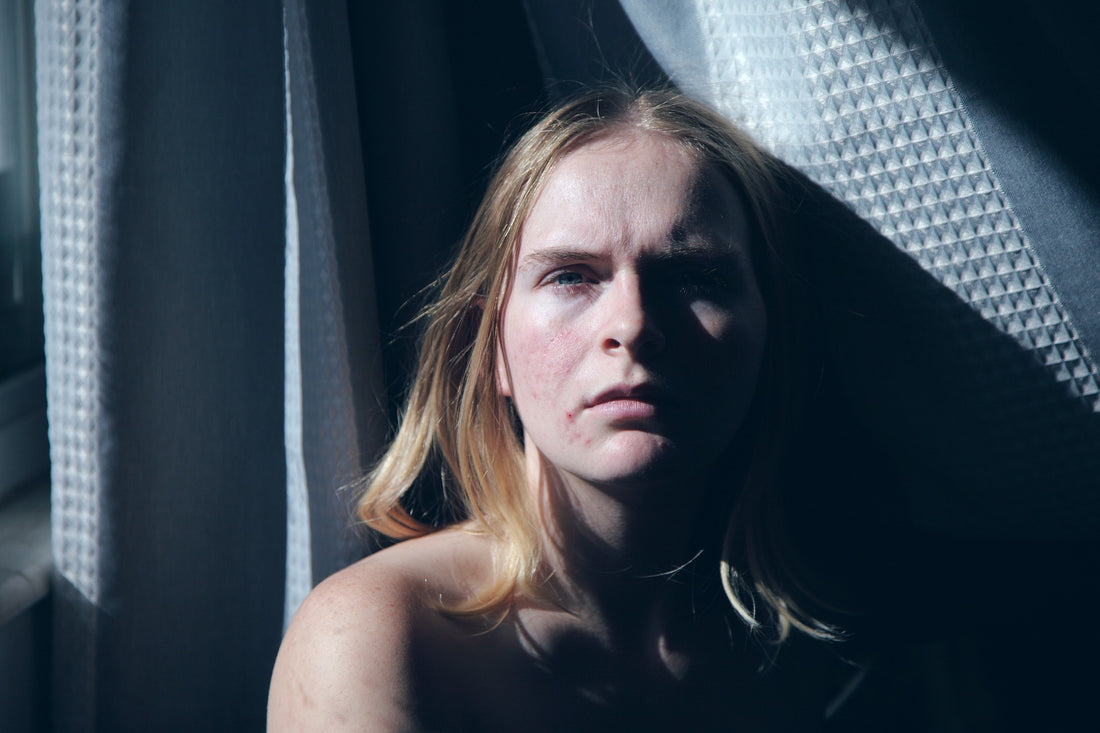Acne is a common skin condition that affects millions of people worldwide. While many people view acne as a physical issue, it can have a significant impact on a person's mental health as well. The emotional toll of acne can be severe, causing anxiety, depression, and a negative self-image. In this article, we will explore the impact of acne on mental health and discuss ways to manage these effects.
Acne and Self-Esteem
One of the most significant ways that acne can impact mental health is through a person's self-esteem. Acne can be particularly difficult for teenagers, who are already grappling with issues of identity and social acceptance. A study published in the Journal of Investigative Dermatology found that adolescents with acne have lower self-esteem and a poorer quality of life than those without acne.
Adults with acne can also experience similar feelings of low self-esteem and poor body image. Acne can lead to embarrassment, shame, and social isolation, all of which can significantly impact a person's mental health.
Acne and Anxiety
Acne can also cause anxiety in people who are dealing with it. The fear of being judged or ridiculed for one's appearance can lead to social anxiety, which can make it difficult for a person to engage in social activities. People with acne may also experience anxiety when meeting new people or attending events where they will be in the spotlight.
In severe cases, acne can lead to a condition called acne dysmorphia, which is a preoccupation with perceived skin imperfections. This condition can cause extreme anxiety and distress, leading to feelings of hopelessness and helplessness.
Acne and Depression
Acne can also lead to depression in some people. A study published in the British Journal of Dermatology found that individuals with acne were more likely to experience depression than those without acne. Depression can be especially severe in cases where acne is severe or long-lasting.
In some cases, people with acne may withdraw from their social lives, leading to feelings of isolation and loneliness. This withdrawal can exacerbate feelings of depression and make it more challenging to manage the condition.
Managing the Mental Health Impact of Acne
Managing the mental health impact of acne requires a multi-faceted approach. First and foremost, it's essential to seek treatment for acne. A dermatologist can recommend a variety of treatments, including topical creams, oral medications, and in-office procedures, depending on the severity of the condition.
In addition to medical treatment, it's essential to take steps to manage the emotional toll of acne. Here are a few tips to consider:
-
Talk to someone. Whether it's a friend, family member, or mental health professional, talking to someone about how you're feeling can help you manage anxiety and depression.
-
Practice self-care. Take care of yourself by getting enough sleep, eating well, and engaging in physical activity. Taking care of your body can help you feel better both physically and mentally.
-
Challenge negative self-talk. Replace negative thoughts with positive ones. For example, instead of saying, "My acne makes me ugly," say, "I am beautiful, regardless of my acne."
-
Avoid social isolation. Make an effort to stay engaged in social activities, even if you don't feel like it. Connecting with others can help you manage feelings of depression and anxiety.
-
Seek professional help. If you're struggling to manage the emotional impact of acne, consider seeking help from a mental health professional. They can offer additional support and strategies for managing anxiety and depression.
In conclusion, acne can have a significant impact on mental health. Managing the emotional toll of acne requires a multi-faceted approach that includes medical treatment, self-care, and seeking help when needed. By taking steps to manage the emotional impact of acne, it's possible to improve both physical and

